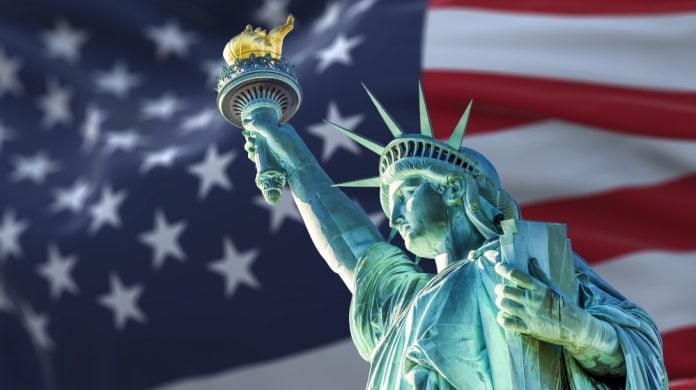The American Gaming Association’s President and CEO Bill Miller has called for improved support for those suffering from gambling harm as he believes more help can still be provided by the industry.
US sports betting is expected to surge over the next month during one of the country’s biggest sporting events of the year – the NBA Finals – which means responsible gambling tools and services must be readily available to those that need them.
Speaking to USA Today, Miller noted that while more people have been receiving responsible gambling support since the federal ban on sports wagering – PASPA – was overturned in 2018, more can still be done as the legal market continues to grow.
The AGA CEO has highlighted three ways in which the industry can improve to help reduce gambling harm: additional funding to responsible gambling services, prohibiting college sports betting partnerships and making help more easily accessible.
On the topic of additional funding, Miller has called for more states to “dedicate funding to advance responsible gaming education and problem gambling services, not divert it for general use”.
He added that governments can build upon the industry’s investment in responsible gambling with funding for “proactive consumer education, research and problem gambling treatment”.
As for sports betting’s relationship with college sports, the CEO has also asked industry stakeholders to join AGA members and operate in line with the association’s ‘Responsible Marketing Code for Sports Wagering’.
This involves banning sports betting advertising on college campuses, prohibiting partnerships with colleges, banning ‘risk-free’ advertising and name, image and likeness deals with college athletes.
Miller stated that advertising can help raise “awareness about problem gambling resources” alongside promoting legal operators for the public to wager with.
In regards to making help more easily accessible, Miller is calling for regulators to move away from “state-specific hotlines presented in tiny type at the end of a TV ad” and adopt a single, national hotline to provide “consistent, quality care at all times”.
He noted that most calls to these hotlines have nothing to do with gambling harm despite the news reports that “point to increased helpline call volumes as evidence that problem gambling is surging”.
The CEO added that “experts say a call increase may actually signal greater awareness that help is available – a shared imperative for anyone involved in legal sports betting”.
He concluded: “Legal sports betting is creating more informed consumers, generating greater awareness for problem gambling resources and supporting essential public services. And the growth of sports betting is now sparking a national conversation about the best way to help those who struggle with problem gambling.
“Problem gambling resources have never been better funded and marketed than they are today. And that’s evidence that states that have embraced legal sports betting made the right call.”










